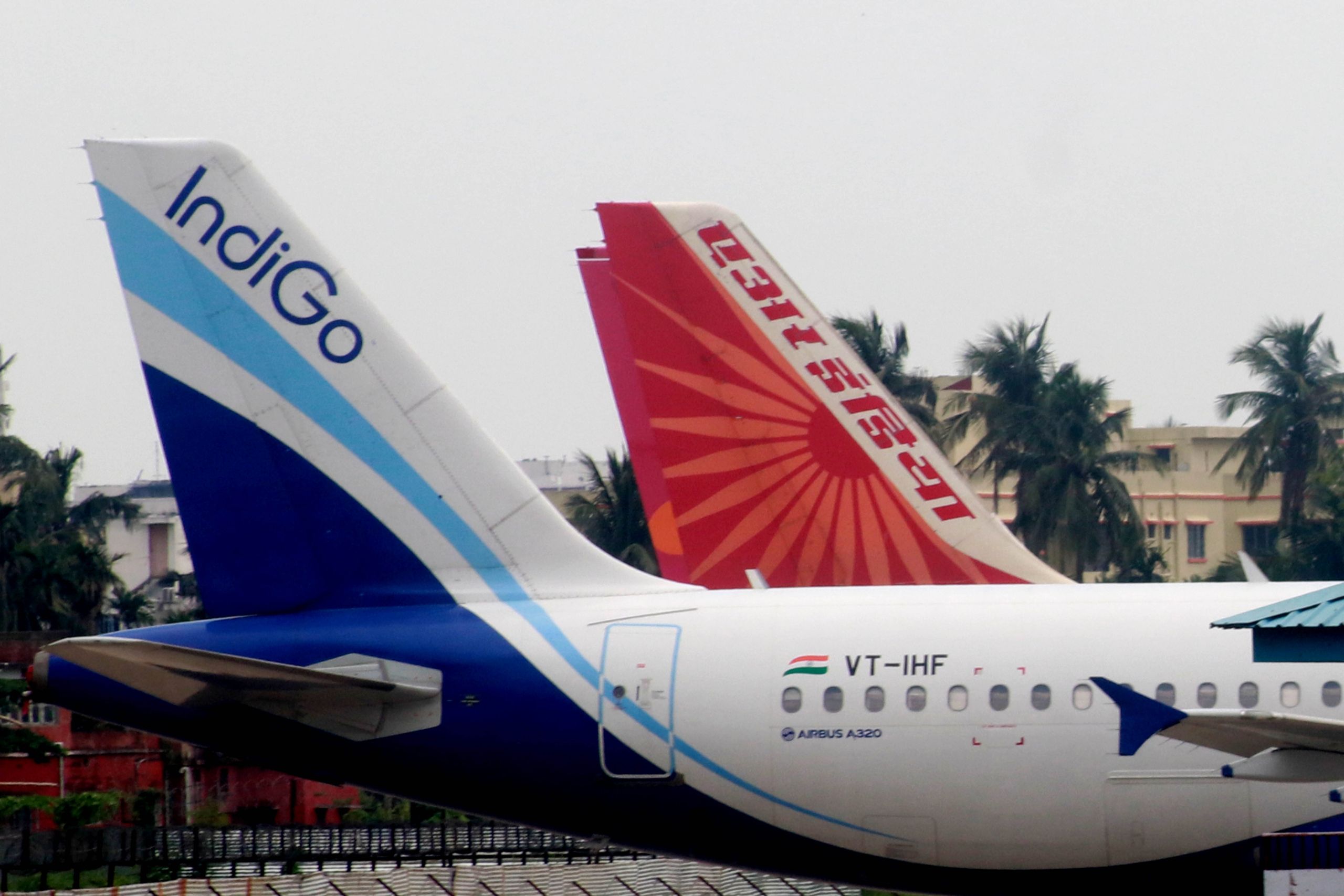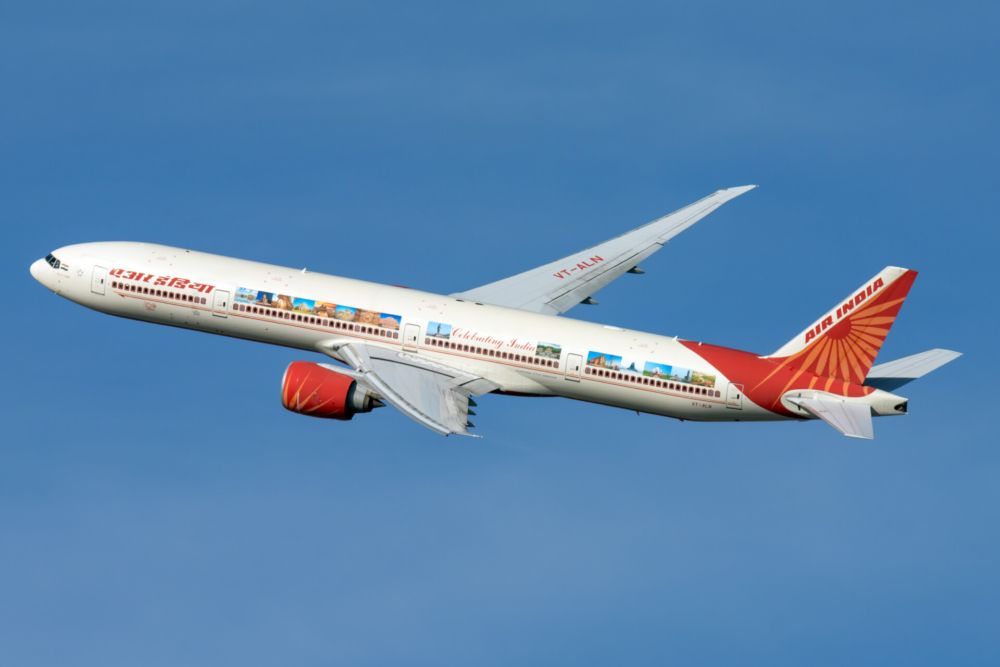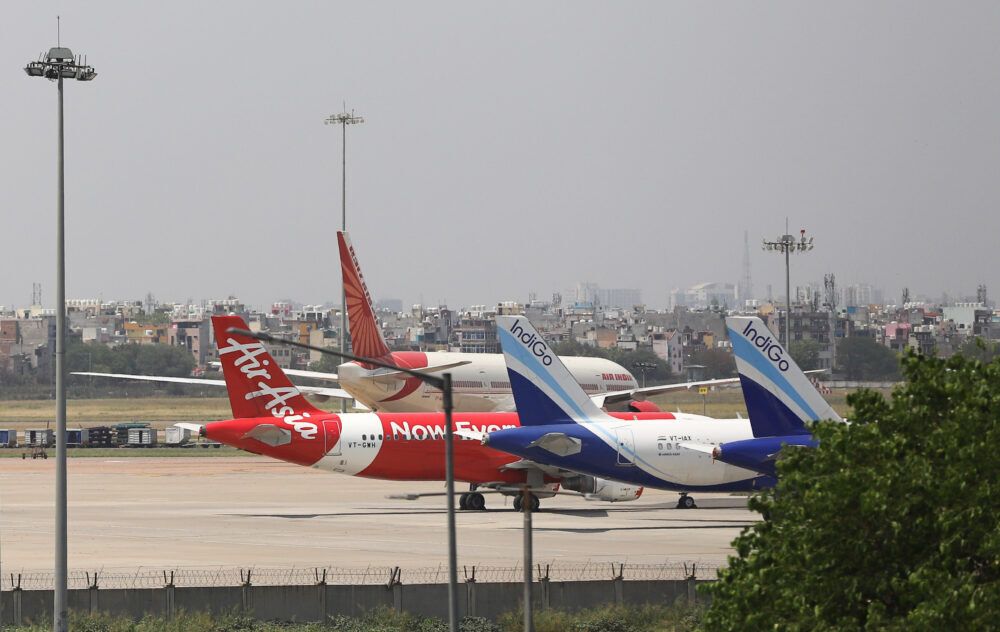Indian aviation has seen major changes over the last month as the Tata Group takes over flag carrier Air India. The move is set to heavily disrupt the current status quo, where IndiGo reigns supreme over India's domestic market. IndiGo CEO Ronojoy Dutta has said that he expects "formidable competition" from the recently privatized carrier. Let's find out more.
Big shift
At a CAPA event this week, as reported in Reuters, IndiGo CEO Ronojoy Dutta commented on Tata's success in taking over Air India. The deal was formalized by the government last week, with the conglomerate paying $2.4bn to privatize the flag carrier. With four airline holdings under its belt, Tata is looking to splash into the market in a big way.
Dutta took a pragmatic view to the situation, discussing the competition and importance of private players, saying,
"I see them as formidable competition but I welcome them. It is a sensible thing...I think they will become more economically responsible. Having a large player funded by taxpayers is not fair competition for us."
With the acquisition of Air India (100%), Tata owns majority positions in Vistara (51%-49% to Singapore Airlines), AirAsia India (81%), and Air India Express (100%). While even the airlines' combined domestic market share is less than half of IndiGo's, which stands at 57%, the international sector is where they will thrive. However, both groups are still playing to different markets.
Stay informed: Sign up for our daily and weekly aviation news digests.
Low-cost
While Air India may soon become a competitor, IndiGo is not expecting any disruptions. The low-cost giant intends to continue laying plans for long-haul routes using the narrowbody A321XLR, offering the best efficiency and lowest cost. Meanwhile, Tata is set to consolidate all of its airlines into one full-service carrier, which offers a premium travel experience on all of its routes, similar to Vistara.
While there is some overlap between these sectors, IndiGo is confident that there is room in the market for both. The low-cost airline might see some competition on the international side as the new Air India consolidates but isn't at risk of losing much domestically.
Dutta also commented on upcoming startup Akasa Air, backed by billionaire investor Rakesh Jhunjhunwala and run by former IndiGo CEO Aditya Ghosh. He said Akasa will be a lesser immediate threat compared to Air India since the startup will need a few years to significantly expand its presence in the market. However, there's nothing to say they too won't become a serious competition in the coming years.
For now, IndiGo will be looking to secure its number one position in the market amid all the changes. While it holds a formidable lead, things can change very quickly in the aviation industry, and IndiGo isn't waiting around to be hit by the changes.
What do you think about the new players in the Indian market? Will they affect IndiGo's position? Let us know in the comments!



